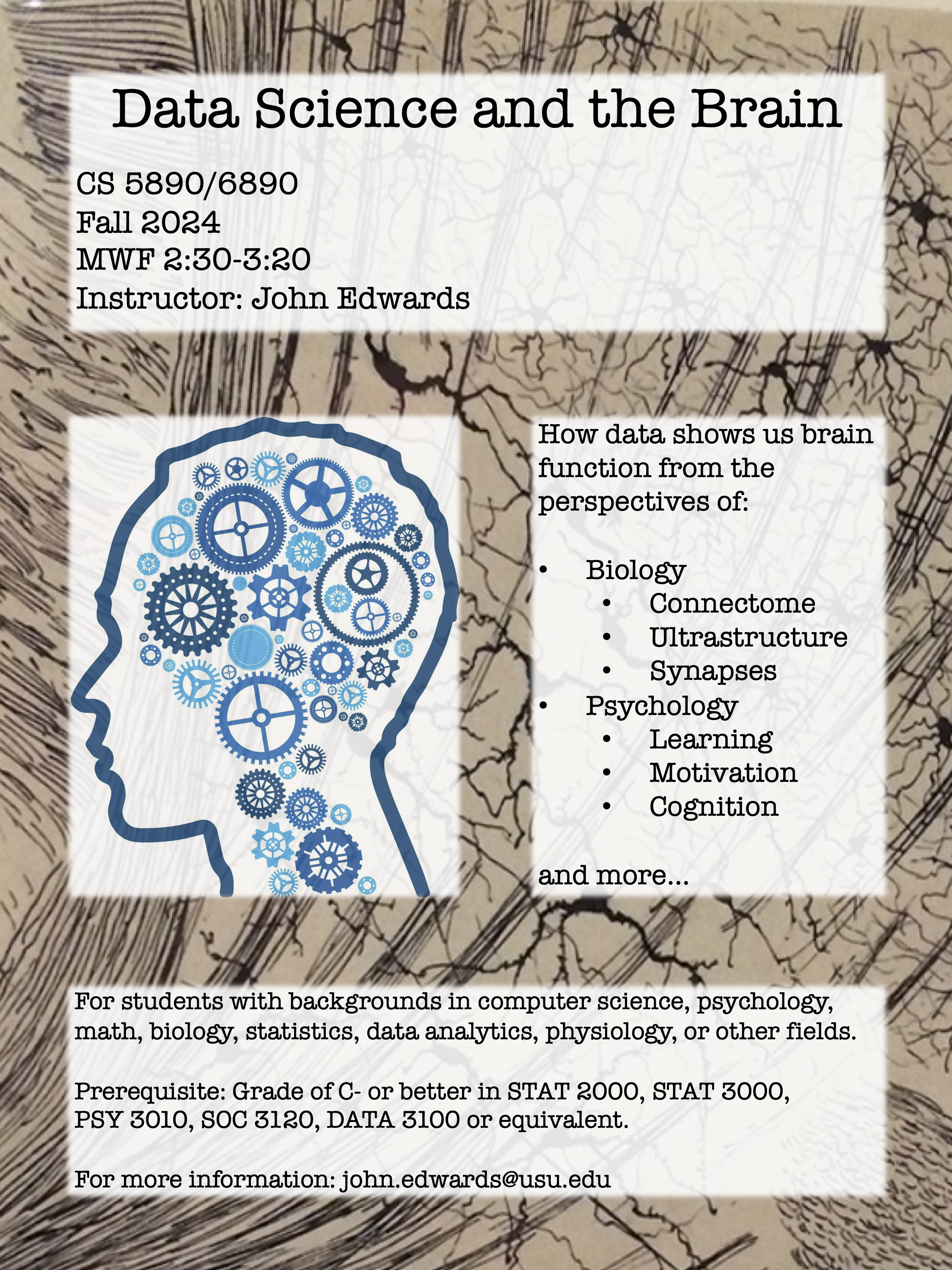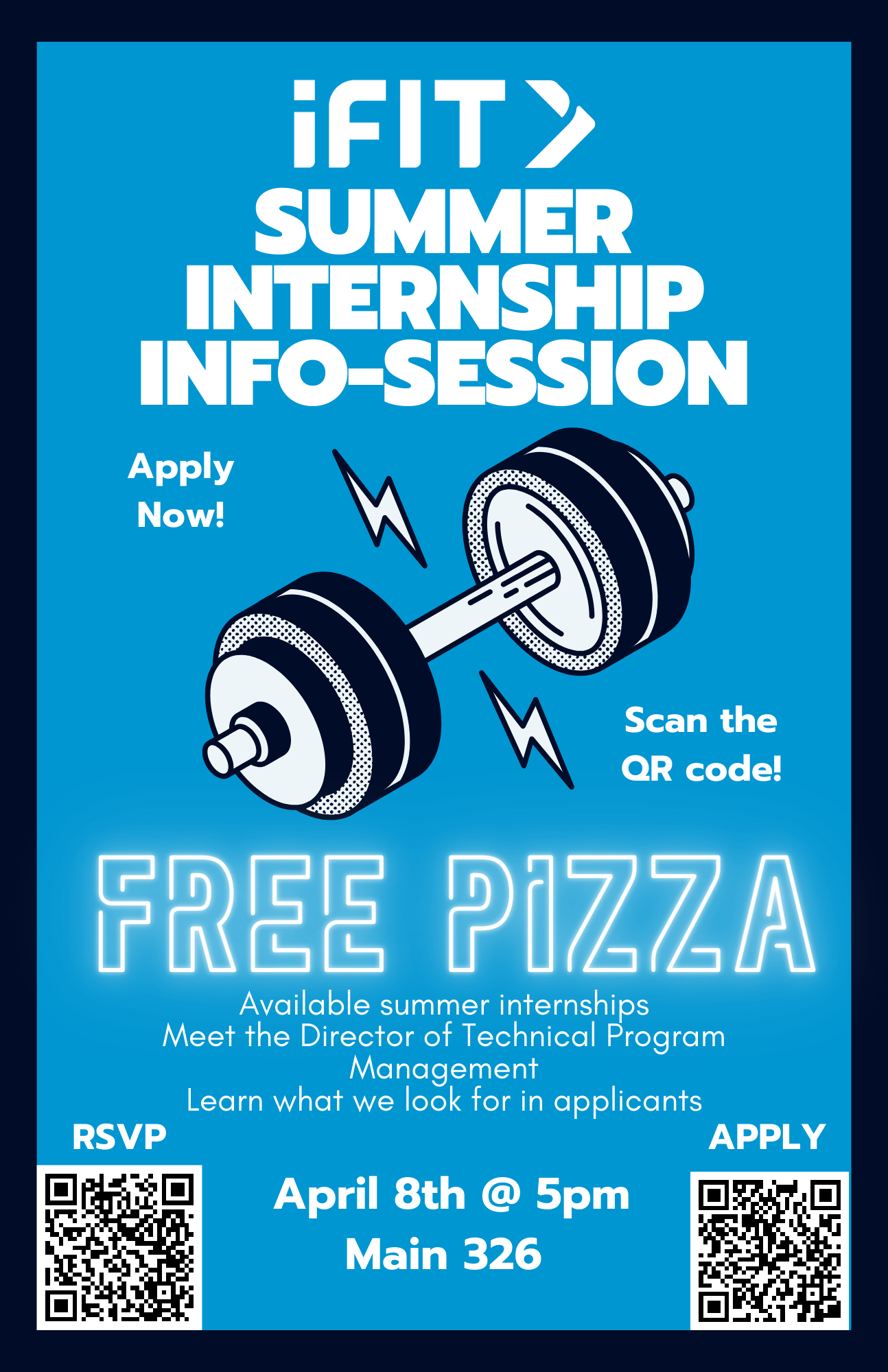ECE 3640 - Discrete-Time Signals & Systems
Announcements
Undergraduate Research

New Course

Internship opportunity

Internship opportunity
"I’m emailing about an internship opportunity that is available with the Communications Technology Research group at the Idaho National Laboratory. We are looking for CS, or CE students with programming experience. It is preferred that they have taken embedded software development / embedded systems classes, as that composes the bulk of the work slated for the internships. EE students are also more than welcome provided they meet the previous requirements, with the understanding that most of the work will revolve around software engineering rather than developing or testing hardware.
"We have several positions available, not just one, so any and all students who are interested should apply. Here is the link to the posting: https://inl.taleo.net/careersection/inl_intern/jobdetail.ftl?job=20615&tz=GMT-07%3A00&tzname=America%2FDenver

A little bit about the instructor
Course Overview
Prerequisites
Calculus
Complex numbers and complex variables
Linear system theory for continuous-time signals
Laplace transform
Continuous-time Fourier transform and Fourier series
Topic Overview

Learning Philosophy
Just as music comes alive in the performance of it, the same is true of mathematics. The symbols on the page have no more to do with mathematics than the notes on a page of music. They simply represent the experience.
--Keith Devlin, "Mathematics: The Science of Patterns"
Therefore, think of lectures as watching a performance, think of homework as practicing for your performance, and think of exams as your performance.
Homework Philosophy
Almost all good writing begins with terrible first efforts. You need to start somewhere. Start by getting something--anything--down on paper. A friend of mine says that the first draft is the down draft--you just get it down. The second draft is the up draft--you fix it up. You try to say what you have to say more accurately. And the third draft is the dental draft, where you check every tooth, to see if it's loose or cramped or decayed or ... healthy.
-- Anne Lamott, "Bird By Bird"
Like writing, engineeinging homework problems are best done in a sequence of drafts. And don't be done with a problem until you've checked every tooth, i.e. until you understand each part, each step, the logic, the implications, the deductions, the interpretation and meaning of what you've done. Write the last draft on engineering paper in your best handwriting and explain all the steps. Start each problem on a new page. Be conservative in your life, but plan to use (use, not waste) a lot of paper in working your homework. Your education is like a fancy car. You pay a lot for it. You wouldn't put cheap gas into an expensive automobile. In like manner, paper fuels your ability to think. Writing thoughts down releases your brain to do the mental work needed to search and find and take the next step.
People tend to look at successful writers, writers who are getting their books published and maybe even doing well financially, and think that they sit down at their desks every morning feeling like a million dollars, feeling great about who they are and how much talent they have and what a great story they have to tell; that they take in a few deep breaths, push back their sleeves, roll their necks a few times to get all the cricks out, and dive in, typing full formed passages as fast as a court reporter. But this is just the fantasy of the uninitiated. I know some very great writers, writers you love who write beautifully and have made a great deal of money, and not one of them sits down routinely feeling wildly enthusiastic and confident. Not one of them writes elegant first drafts. All right, one of them does, but we do not like her very much. We do not think that she has a rich inner life or that God likes her or can even stand her. (Although when I mentioned this to my priest friend Tom, he said you can safely assume you've created God in your own Image when it turns out that God hates all the same people you do.)
Very few writers really know what they are doing until they've done it.
--Anne Lamott, "Bird By Bird"
Therefore, expect to struggle a on homework the same way that any great writer would struggle with a novel. You don't always know how to start, but study the textbook, be alert during lectures, write down what you do know, then talk to other people and talk to the teacher.